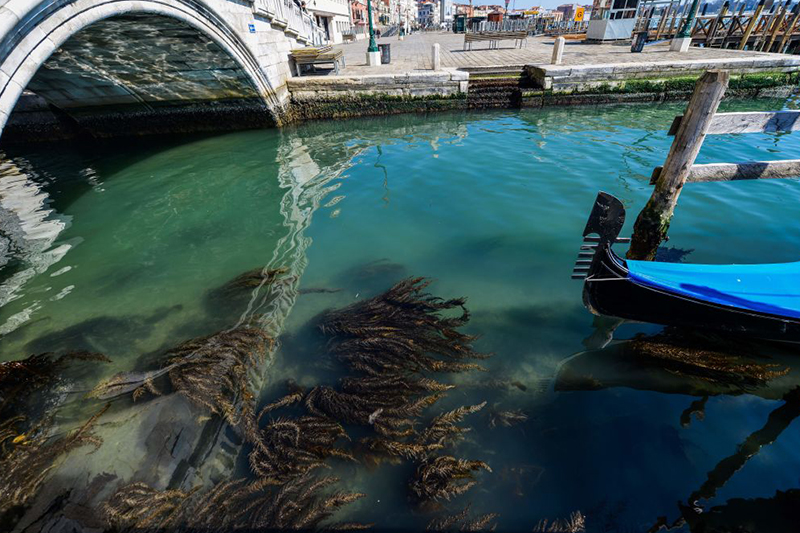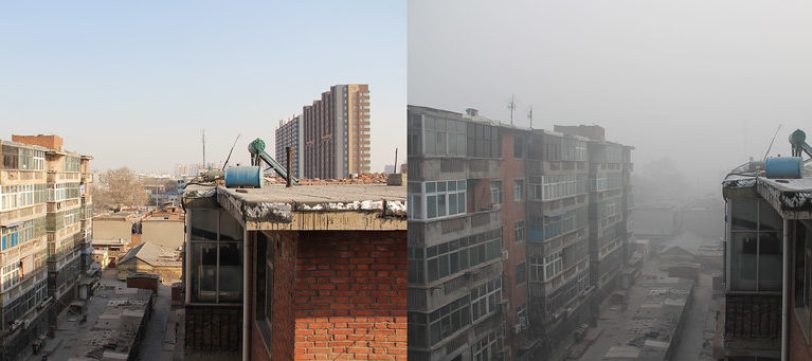 Exercise
Exercise
Tap all the highlighted words in the transcript below to see their definition. ⇩We were not used to these strange times we are living in, just two months ago. First of all, I want to make clear this is not a statement to make you believe that the COVID-19 crisis is a positive situation. I truly believe we are in a very sad and dangerous crisis from which I expect we will soon recover and go back to our normal lives.
But what if we could gather some important lessons from it and use it as an opportunity to start being wiser again and to create a more sustainable future? This could be the warning we all needed to really change things from now on.
Several experts in climatology, pollution and environment, are astonished by the ability that our planet and nature has shown when faced with rapid changes, recovering at an accelerated velocity while CO2 emissions have been reduced between 20% and 40% from what they used to be a couple of months ago.

Experts believe that the dramatic drops in air pollution in China alone could have saved around 77,000 lives in the coming future.
From social distancing to social solidarity: People are used to quickly creating habits to connect and help each other remotely. This could turn into more sustained long-term remote virtual activities that would slow down our day-to day and the negative impact that it has on our planet. Also, this could turn into a higher degree of awareness regarding the importance of helping others at group level and have a major impact on social inequality. Will we be able to get used to this new situation with our environment?
Let’s check some examples of amazing pictures seen recently:



We are becoming used to a situation that is hard, but will for sure improve soon. Being optimistic, I really believe this crisis will be gone soon and I hope we can all take important learnings from it and live a better and more sustainable life.
Grammar – Habits: “Used to” 
See more
To express “habits”, we apply “used to”, being the past tense of the verb “to use”. This expression has a different meaning from the verb. We use it to talk about something that frequently happened in the past. It is always followed by an infinitive without “to”.
…….
- We used to live in Cambodia, until we left.
- I didn’t use to like jazz, but now I do.
- Did you use to eat at that pizzeria?
- I can’t get used to the new change.
Related Course Units
Share this Lesson 
Send it:


If only this disease could change our habits from travelling to consuming, that would be a great opportunity in spite of all dead people.
More people die in the world due to the pollution or famine.
Thank you for sharing your thoughts, Pierre.
Hello
I feel so difficult exercise and fast , Ican’t understand .also l feel the level is higher than my level .
Also, Idon’t understand
Ineed to transolate
Really I hope to enjoy and benefit
Also Iwee was my
The more you practise, the better you will become.
Stay in house
Good advice.
I am impressed with this news. I think how we could reduce pollution if we change our habits.
Thank you for your comment. 🙂
At least we have some good things about COVID19, less poluition is an amazing point. We need to get a better way to care of our planet.
Very true.